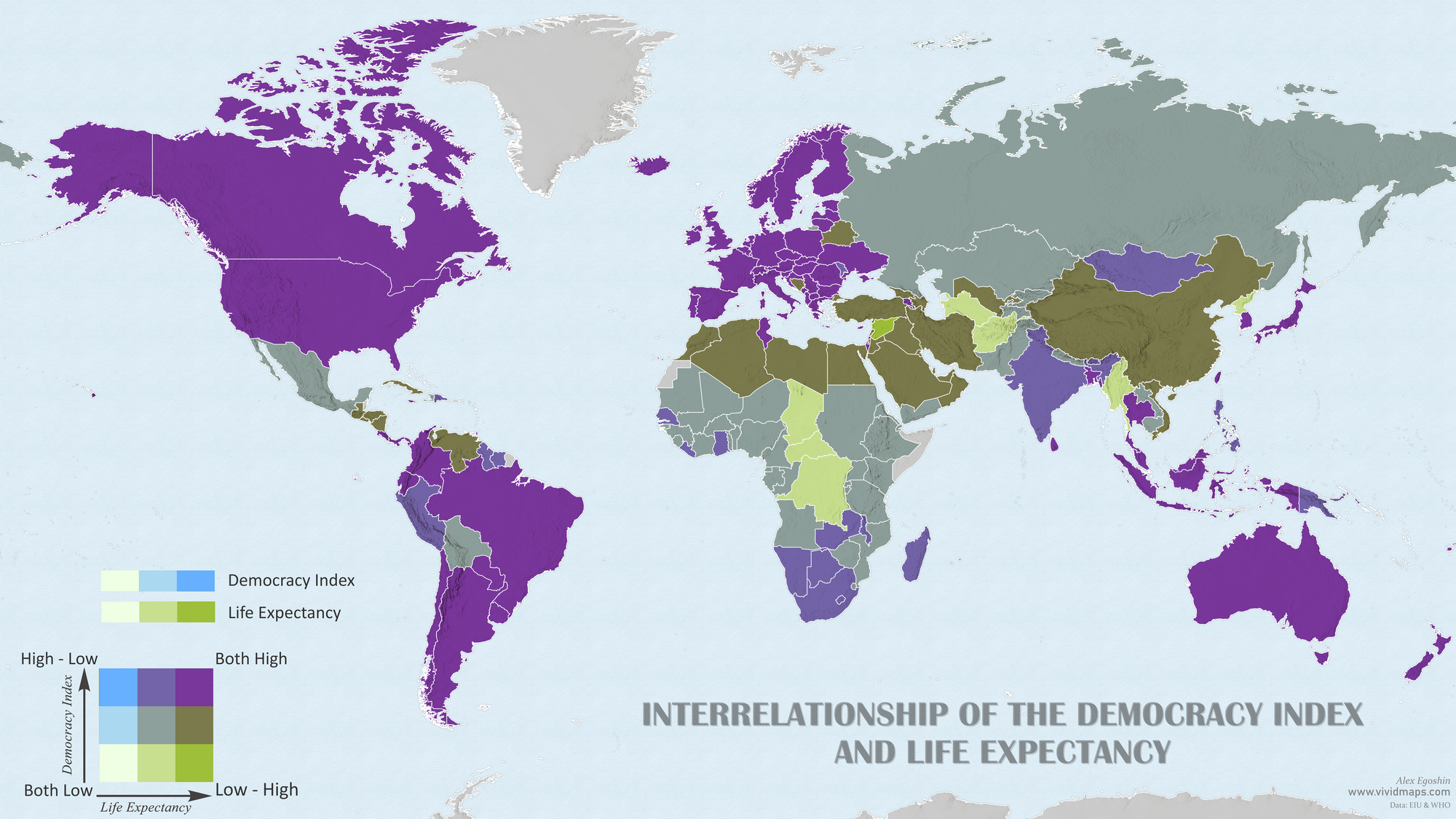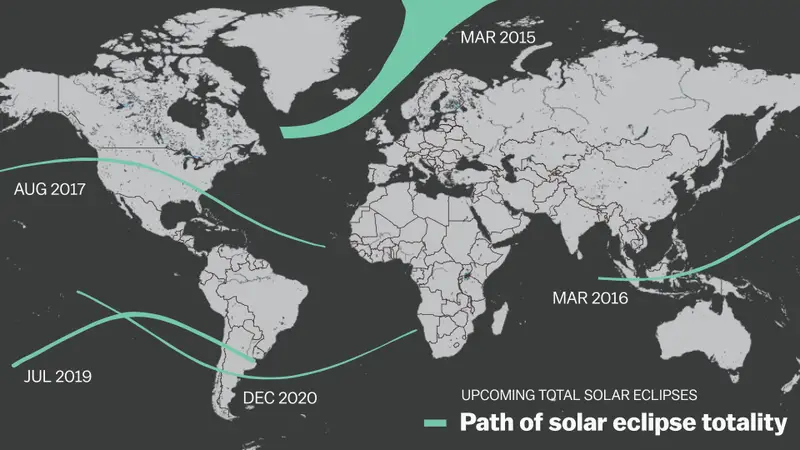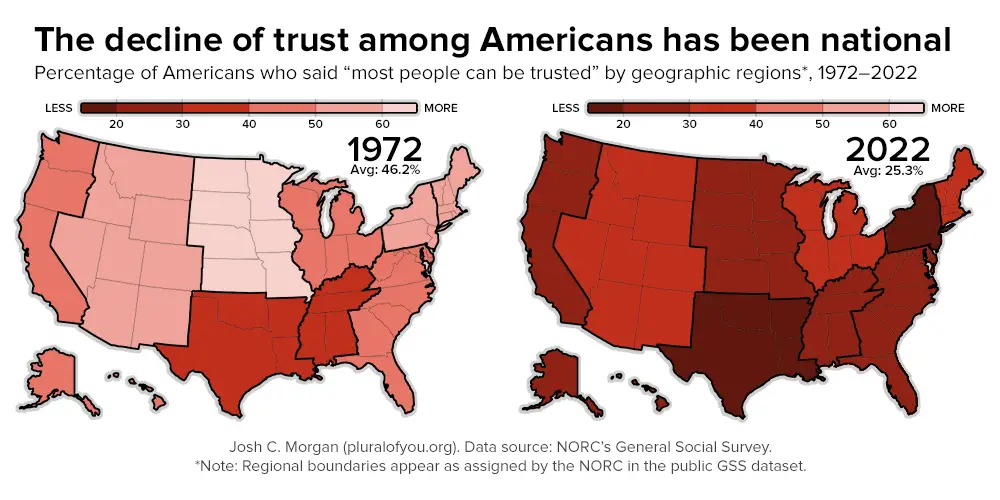Democracy Index (2016)
The United States fell below the threshold for a “full democracy” in 2016 and is now considered a “flawed democracy”. This is the result of a small deterioration in its total score, from 8.05 in 2015 to 7.98 in 2016, and it has also slipped one place in the rankings, from 20th to 21st..
The decline in the U.S. democracy score reflects an erosion of confidence in government and public institutions over many years. According to the Pew Research Centre, public trust in government has been on a steady downward trend since shortly after the September 11th attacks in 2001 (see Box: A trust deficit is undermining democracy, page 14). Donald Trump won the November 2016 presidential election by exploiting this trust deficit and tapping into Americans’ anger and frustration with the functioning of their democratic institutions and representatives. He positioned himself as the insurgent candidate, a political outsider taking on a “rigged system” who would “drain the swamp” in Washington, DC. However, his candidacy was not the cause of the deterioration in trust but rather a consequence of it.
Survey data from Pew and Gallup and other polling agencies reveal a protracted and persistent decline in levels of popular confidence in political institutions and parties. Pew surveys show that public trust in government remains close to historic lows, at 19%, and Gallup polls revealed that popular confidence in political leaders and the mass media dropped to its lowest level in polling history in 2016.
There are several reasons for this decline in popular confidence in public institutions. Major political events over many decades have damaged confidence: the Vietnam War, the Watergate scandal, the Iraq wars, the financial crisis in 2008-09 and repeated federal government shutdowns. The Economist Intelligence Unit believes that income inequality has also been a key underlying factor. Income inequality is higher in the US than in other rich countries, and it has worsened since the financial crisis. Studies show that higher income inequality reduces trust in others and social capital—this is linked to a notion of fairness. An IMF study finds that income inequality at the bottom of the distribution in the US is particularly important—economically vulnerable and less educated people are more likely to distrust each other. It is no surprise that poorer and less educated voters were attracted by the candidacy of Mr Trump.
If income inequality has exacerbated American trust in government and public institutions, continued economic progress should start to reverse this trend in the coming years. The unemployment rate has fallen below 5%, average hourly wage growth is at its highest level since the financial crisis, and income inequality should gradually narrow if the economic recovery continues. If these trends are maintained, the US could improve in our 2017 rankings.
Via eiu.com









U.S.A =Constitutional Republic
Canada is not a full democracy. It is a Constitutional Monarchy. We don’t elect our senators directly where Australia does using a proportional representation method. Canada’s Head of State is the Queen of Canada, whose duties are fulfilled by the Governor General and is also not elected.